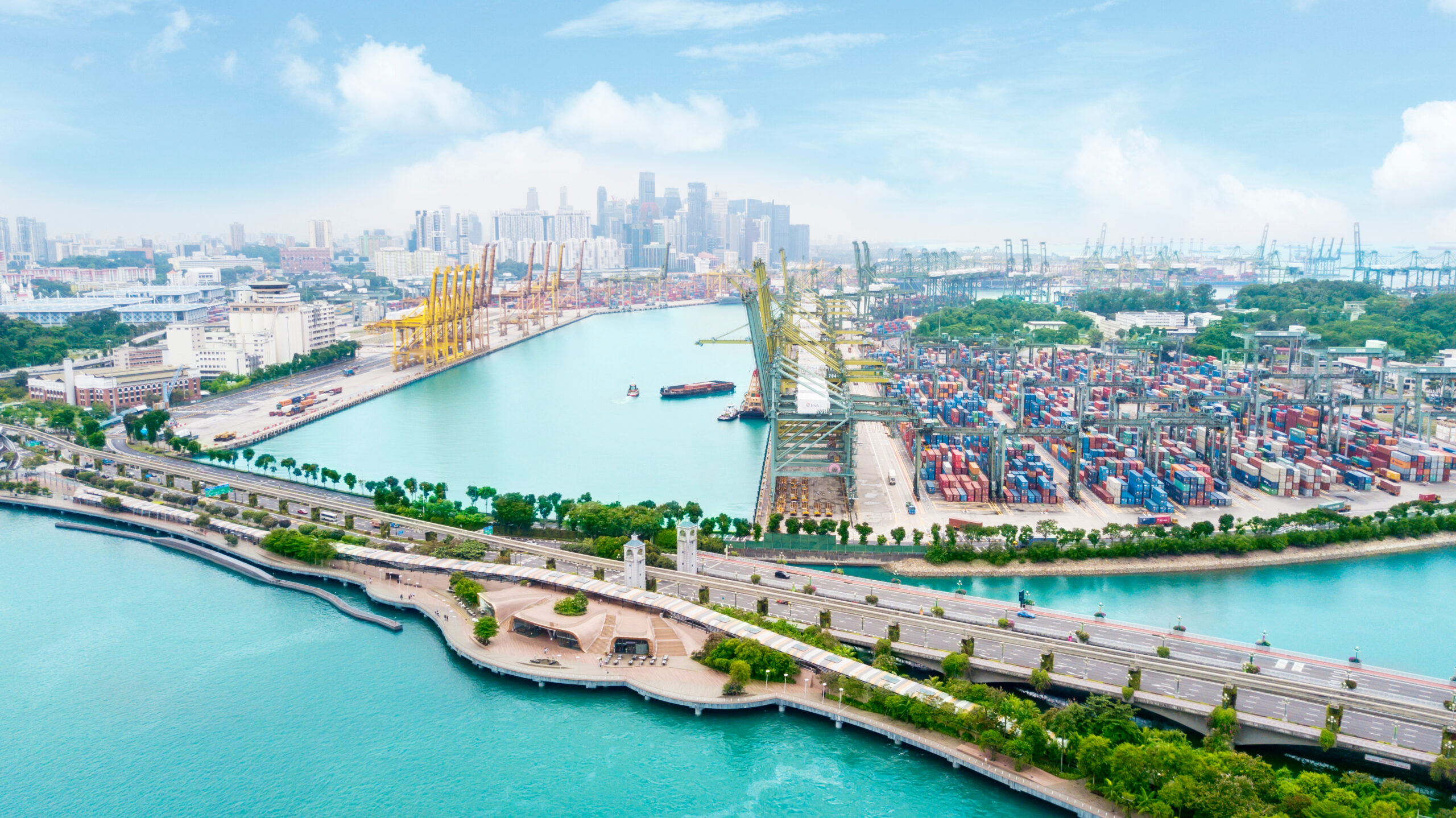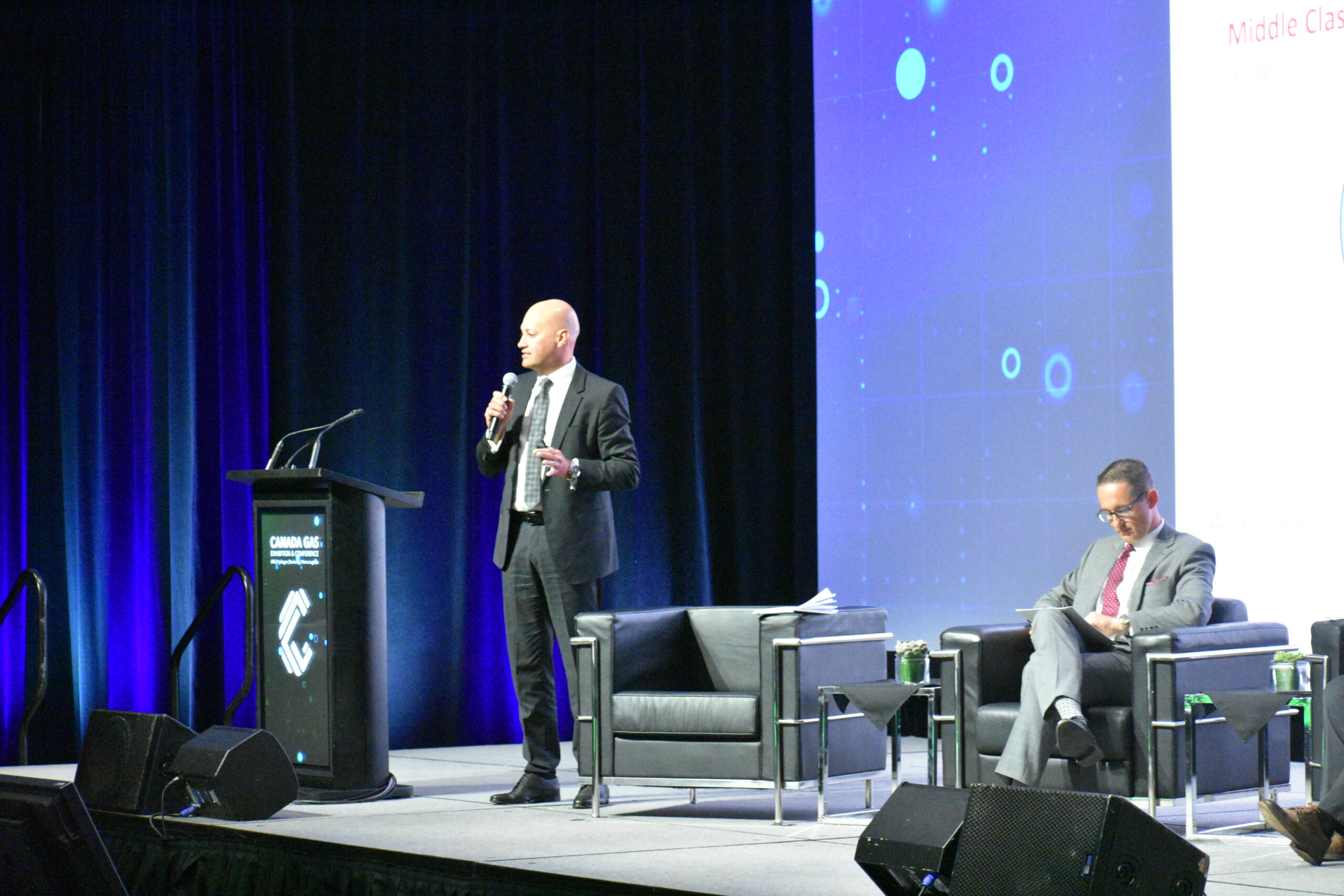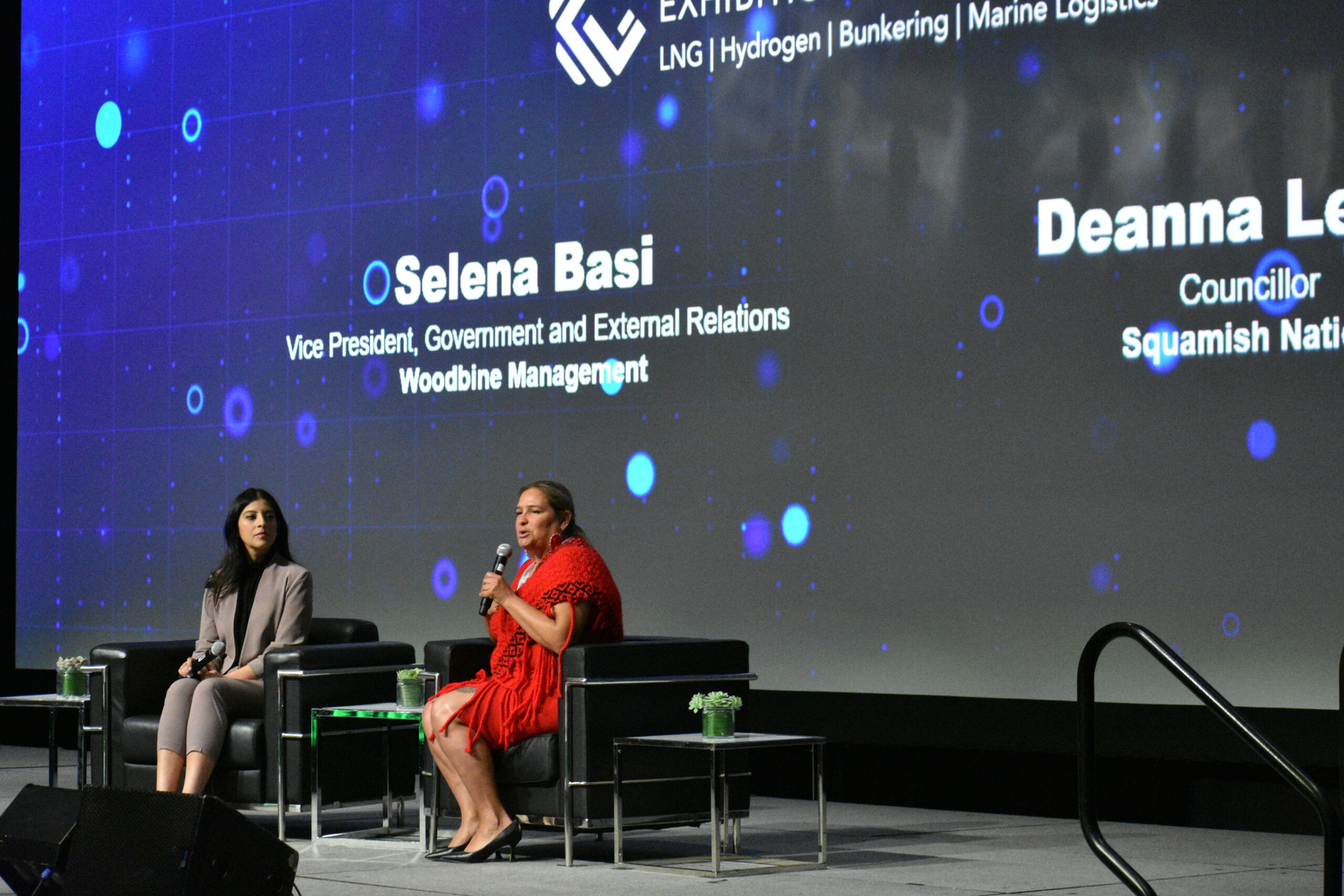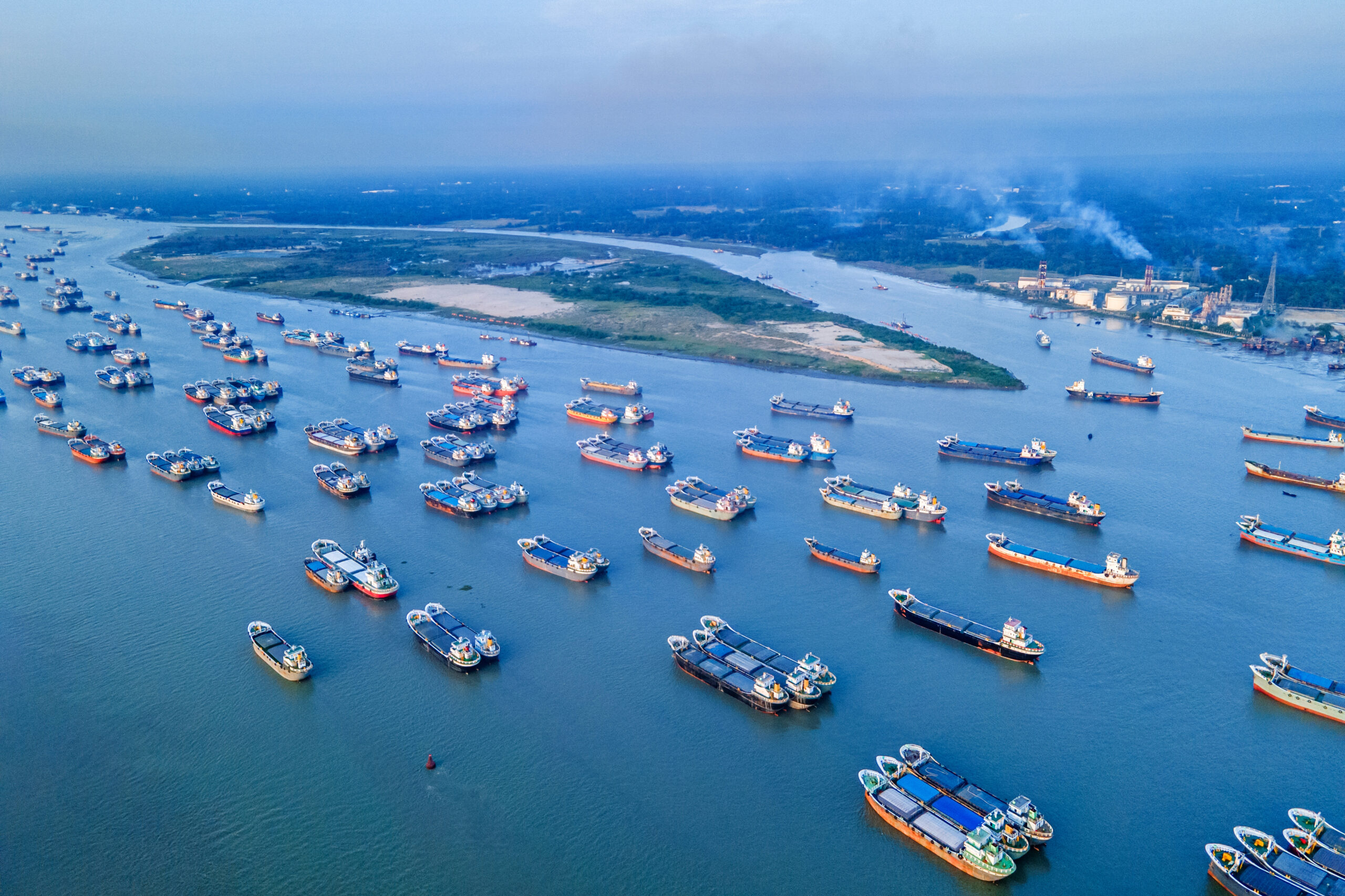Asia to account for most LNG demand by 2050: conference
Asia is set to account for over 75% of the global LNG market by 2050, with LNG demand reaching over 500 million tonnes per year by that date, delegates heard.

(London) LNG demand growth will be led by South Asian countries as well as China, although ramp-up of domestic production as well as pipeline deliveries from Russia through the Power of Siberia pipeline will see Chinese demand plateauing in the long-term, Stephen Lim, principal of APAC gas and LNG consulting at Wood Mackenzie, told a conference in London on Tuesday.
New gas infrastructure as well as limited domestic supply will see LNG reliance grow strongly in India, Pakistan and Bangladesh, he said at the Wood Mackenzie Gas, LNG & the Future of Energy 2023 conference.
In parallel with that, the gap between contracted and uncontracted demand is set to widen from 2035, with the vast majority of demand (453 mmtpa) uncontracted by 2040, he said.
At the same time, the pace of growth will be largely driven by “government policy and market reforms, and continued investment” in gas infrastructure, he said.
Asia accounted for around 65% of long-term contracts signed in 2022, rising to 80% in the first nine months of 2023.
Since the start of 2020, Chinese buyers have contracted over 50 mmtpa of LNG including large volumes of U.S. LNG, he said.
Brent oil indexation of long-term LNG contracts has become more common since the price spikes following the Ukraine war, he said.
At the same time, gas continues to see strong competition with coal, particularly in price sensitive markets where LNG demand has retracted in the past year on the back of the bullish price turn.
Against that backdrop, enforcement of a carbon tax across Asian markets would help drive the switching to gas moving forward, he said.
Meanwhile, stalling gas pipeline development in the U.S. may impact export LNG prices in the longer term amid declining availability of low cost Northeast gas, Dulles Wang, director of Americas gas and LNG research at Wood Mackenzie, said.
He cited increased resistance to build new pipelines domestically, with $10 billion worth of new pipeline projects cancelled in recent years in the U.S. as a key driver which might lead export projects in Louisiana and Texas to source gas from alternative, more costly basins such as Haynesville.
This might lead to Henry Hub price increases of $2/mmbtu against Wood Mackenzie base scenario.
Despite that, U.S. LNG is set to remain the marginal supplier to the global market moving forward, he said.



